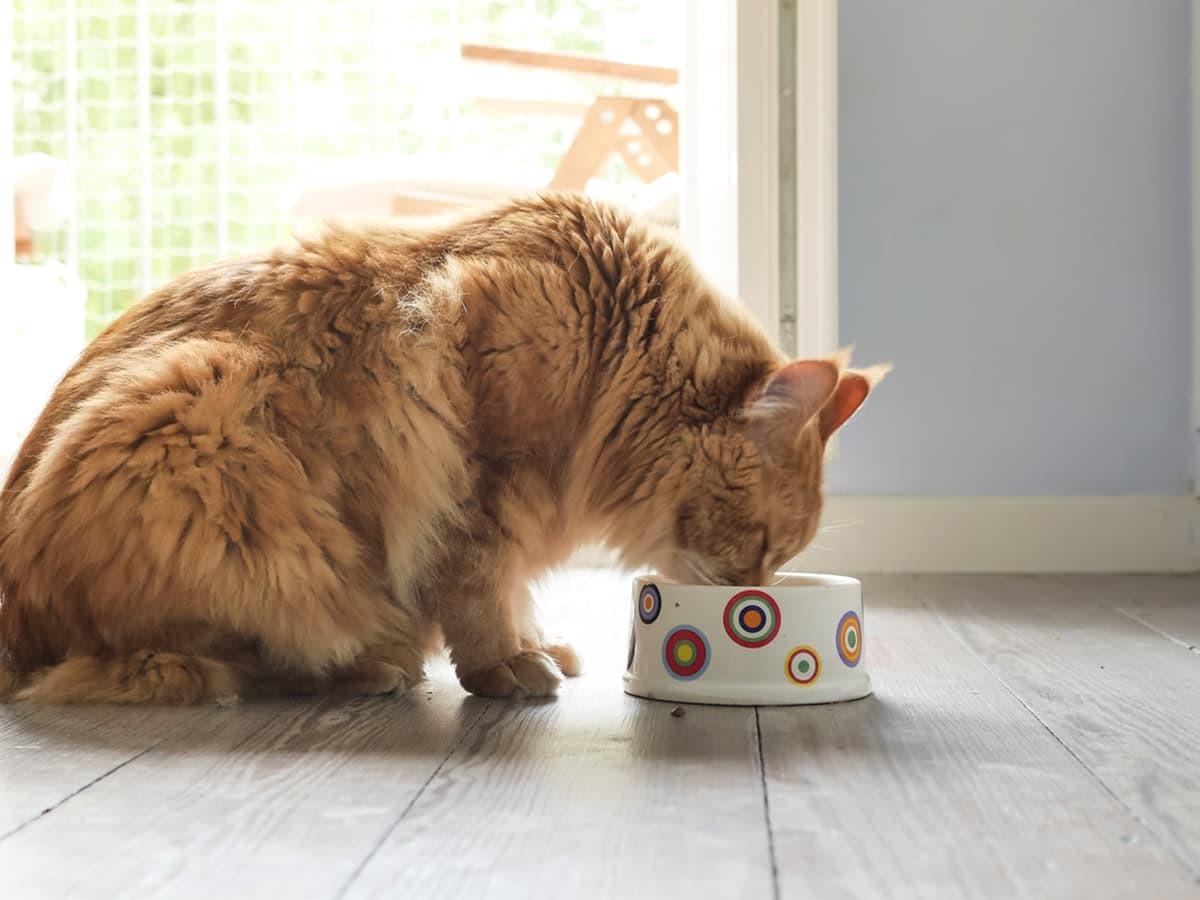It's natural to want to share your peanut butter sandwich with your cat when they seem interested, but their health should come first. Let's explore the potential risks and benefits of giving cats peanut butter, and also discuss some safer treat options.
Understanding Feline Nutritional Needs
Cats are obligate carnivores, meaning their bodies are designed to primarily obtain nutrients from animal-based proteins. While peanut butter may offer some proteins, fats, and vitamins, it lacks the specific nutrients essential for optimal feline health.
Is Peanut Butter Toxic to Cats?
The primary concern with peanut butter lies in potentially harmful ingredients. Here's what to watch for:
Xylitol: This artificial sweetener, often found in sugar-free peanut butter, is highly toxic to cats (and dogs). Even small amounts can trigger a drop in blood sugar levels (hypoglycemia), leading to seizures and potentially liver failure.1
Other Additives: Preservatives, excess sugar, and high sodium content can negatively impact feline health. Always read the ingredient list carefully and opt for all-natural, unsweetened peanut butter whenever possible.2
Can Cats Be Allergic to Peanut Butter?
Similar to humans, cats can develop food allergies, including to peanuts. Signs of an allergic reaction might include1:
Itchiness and skin irritation
Vomiting or diarrhea
Hair loss or excessive shedding
Ear infections
Unexplained weight loss
Consult your veterinarian immediately if you suspect your cat might be having an allergic reaction after eating peanuts.
Are Peanuts Toxic to Cats?
While plain, unsalted peanuts are generally not considered toxic to cats, they offer no nutritional value. Additionally, their shells can pose choking hazards, and moldy peanuts might contain aflatoxins, a harmful substance for pets.3
Healthier Alternatives to Peanut Butter for Cats
Rather than peanut butter, offer your cat safe, nourishing treats such as:
Small pieces of cooked meat (chicken, fish)
Scrambled eggs
Bite-sized chunks of cooked carrots
Plain, unsweetened yogurt (in moderation, due to lactose in dairy)
Commercial cat treats formulated for feline dietary needs
Expert Insights From Spot
While it can be fun to share our favorite foods with our pets, pet parents should keep in mind that sometimes, eating human food can upset a pet's stomach. Spot's internal data shows that on average, pet insurance claims for dietary indiscretions (pets eating too much of what they shouldn't) cost $572.* This high cost highlights why pet parents should keep an eye on what their pets eat, and do their research before sharing their favorite snacks with their dogs. Being mindful of what treats we share with our pets can help keep them healthy while helping pet parents avoid unnecessary vet bills.
Key Takeaways
While small amounts of plain, all-natural peanut butter might not harm healthy cats, it provides negligible nutritional value. Prioritize meat-based proteins and consider healthier treat options to promote your cat's well-being. Remember, a balanced diet is the foundation of feline health.

I’m Charlie: canine enthusiast with a knack for figuring out why my dog, Dallas, is more infatuated with tennis balls than me. My lifelong passion for dogs has created a dedication to help other pet parents better understands their furry family members!
*Jan 2019 to Aug 2024 Spot Pet Insurance Services, LLC claims data.
"Can Cats Eat Peanut Butter or Peanuts?" Purina, 01 Oct. 2025, https://www.purina.com/articles/cat/feeding/can-cats-eat/peanut-butter.
Geiger, Rebecca. "Can Cats Eat Peanut Butter?" Chewy, 30 Apr. 2025, https://www.chewy.com/education/cat/food-and-nutrition/nutrition-pet-diet-tips-can-cats-eat-peanut-butter.
"Aflatoxin Poisoning in Pets," U.S. Food & Drug Administration, 19 August. 2024, https://www.fda.gov/animal-veterinary/animal-health-literacy/aflatoxin-poisoning-pets.
The information presented in this article is for educational and informational purposes only and does not constitute or substitute for the advice of your veterinarian.











